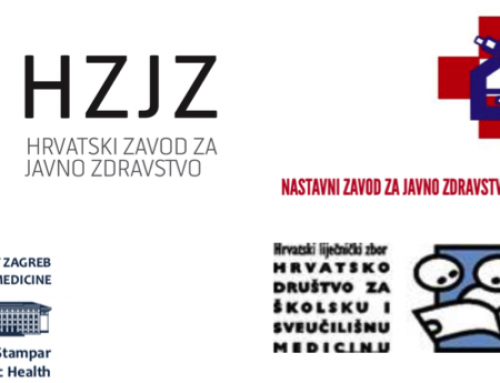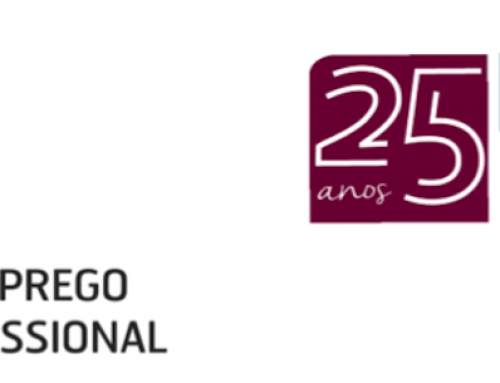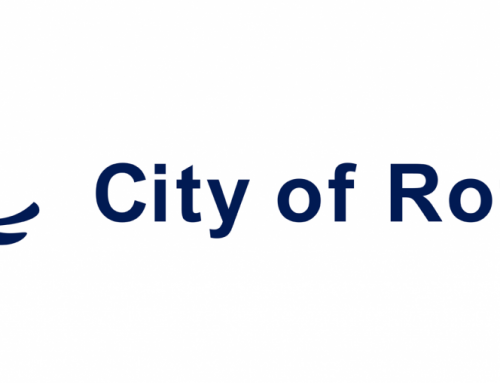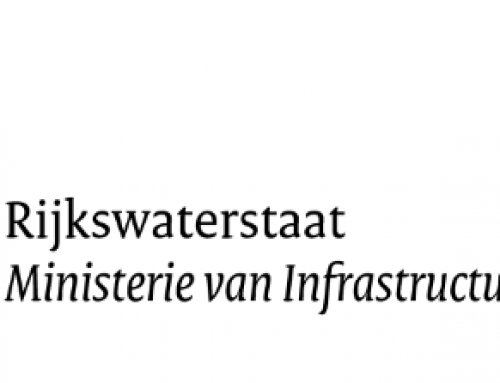Predicting road accidents on highways in the Netherlands
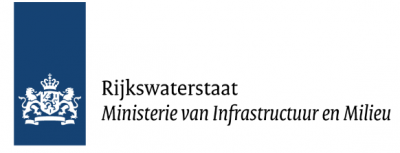
Fellows: Anne Driscoll, Indu Manickam, Harsh Nisar, Can Udomcharoenchaikit
Data Science Mentor(s): William Grimes, Nuno Brás
Project Manager: Gabriele Simeone
Project Partner: Rijkswaterstaat
The densely connected road network in the Netherlands is severely impacted by road accidents with high human, economic and environmental consequences. Road accidents result in 600 deaths per year, and traffic jams that may result from accidents cause an estimated € 2.7 billion loss in productivity per year. The division of the Netherlands Ministry of Water and Infrastructure Management, Rijkswaterstaat (RWS) operates a 24 hour incident management service to ensure the safety and mobility of emergency response workers, and to regulate and restore traffic flow in the event of an accident.
The growing number of accidents in the Netherlands highways is creating increased pressure on traffic managers and inspectors. Traffic managers must process real-time data from 15+ screens, increasing the chances of an accident being missed. Traffic inspectors need to ensure they are optimally positioned in their deployment zone to minimize travel time to accident sites.
This year Data Science for Social Good has been working with Rijkswaterstaat to create a machine learning model using data from incidents recorded between 2012 to 2016, road characteristics, speed and flow traffic data and weather data. The model predicts within a given time window and road segment the probability of an accident. Overlaying this on a heatmap we are able to display to traffic managers the road sections with the highest likelihood of accidents. This will allow them to better allocate inspectors to road sections to patrol. Using this model gives a 3 to 4 times improvement on a baseline, where traffic inspectors patrol random road segments.
